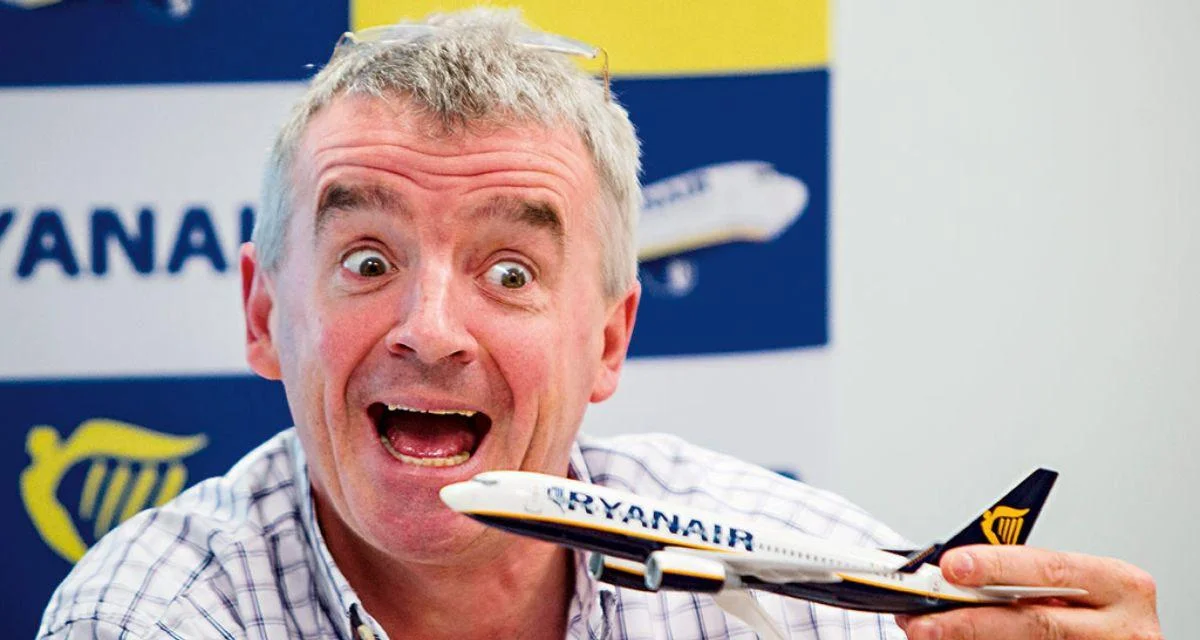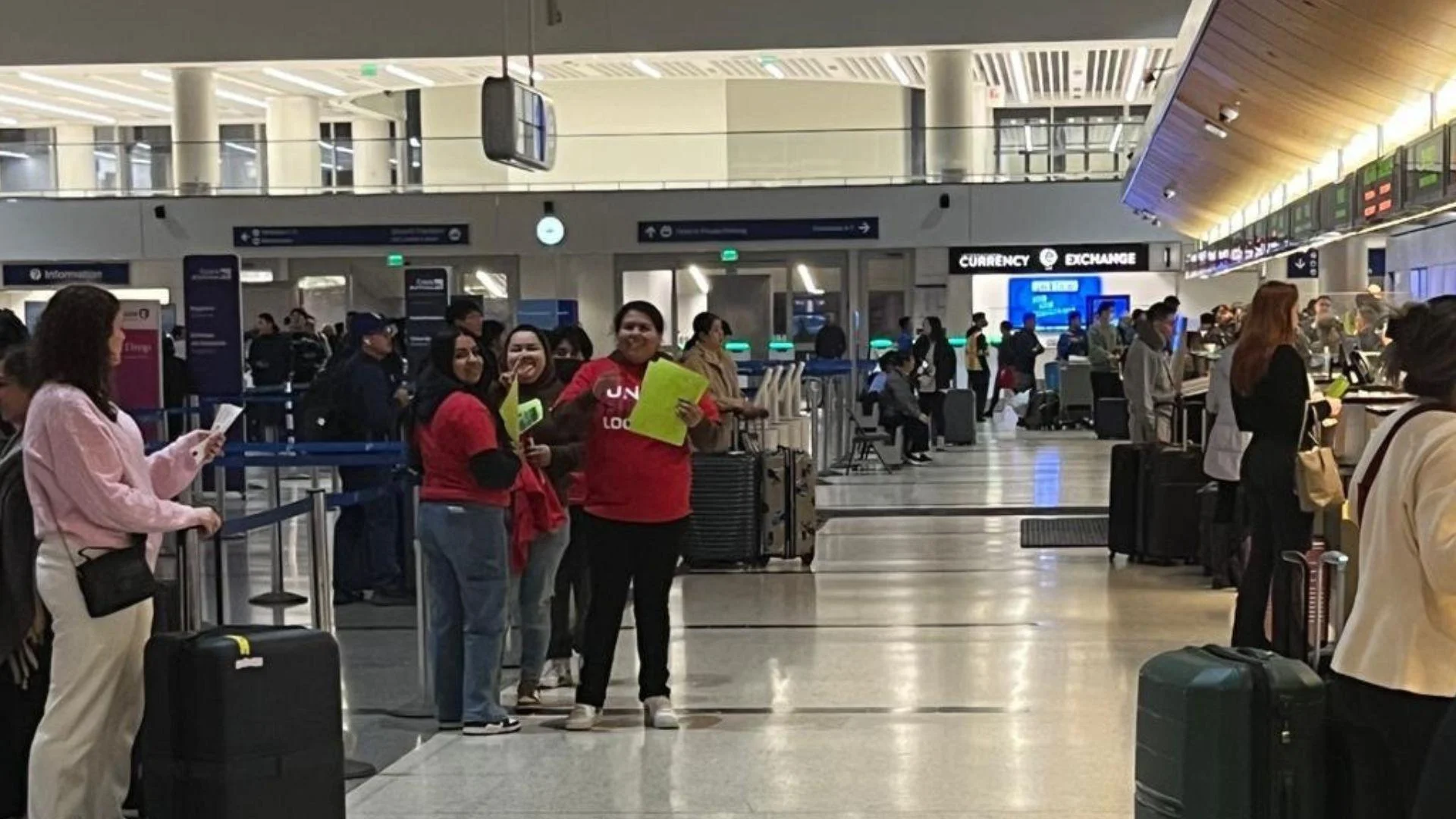He attributed these views to what he sees as high-cost structures among airlines that claim to be low-cost. O'Leary noted that easyJet is "not growing" and only has a strong presence in limited destinations, while Wizz Air's expansion has slowed after restructuring its network and closing its Abu Dhabi base earlier this year.
Wizz Air recently reported a 42% drop in net profits and a 5.4% decrease in operating margin over the summer period, according to CAPA. The airline had to ground nearly 20% of its fleet due to problems with Pratt & Whitney GTF engines, which impacted capacity growth but did not prevent revenue from rising by 3.8%. Operational challenges related to weather conditions and regional instability led Wizz Air to reduce activity in Abu Dhabi and cut back on aircraft orders with Airbus—from 47 A321XLRs down to 15.
Despite these difficulties, some analysts suggest that scaling back operations could help Wizz become more efficient if managed correctly.
Ryanair itself has faced operational disruptions recently, particularly from French air traffic control strikes causing delays and cancellations across Europe. The airline has criticized European Commission President Ursula von der Leyen on social media for lack of action on overflight protection issues.
Additionally, Ryanair announced it would discontinue 12 routes within Spain this winter due to increased airport charges—removing close to one million seats from the market—and withdraw services from three airports in France because of higher taxes leading to higher fares for passengers. Earlier this year, Ryanair indicated plans to raise ticket prices for the next financial year.
 Alerts Sign-up
Alerts Sign-up




































